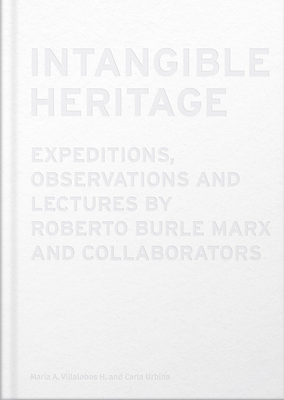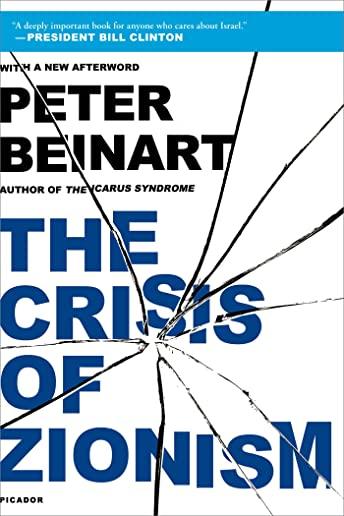
Marx, Roberto Burle
The great landscape architect Roberto Burle Marx (1909-94) revolutionized tropical garden aesthetics for the 20th century, and today his designs for parks and gardens are celebrated across the world. Marx's innovations can be summarized, as author Rossana Vaccarino observes, "in four general design concepts--the use of native tropical vegetation as a structural element of design, the rupture of symmetrical patterns in the conception of open spaces, the colorful treatment of pavements and the use of free forms in water features."
Intangible Heritage presents both Marx's work and teachings, compiling nine of his most seminal lectures written between 1962 and 1983. Illustrated with images of his mosaics and detailed maps, the volume groups Marx's lectures into three thematic sections: in the first, he explores how botanical expeditions, such as his trip to the Amazonas in 1983, informed his thinking about urban landscapes; in the second, Marx traces facets of landscape architecture to their ancestral origins and discusses the role of subjectivity in the profession; in the third, he delves into society's responsibility to protect the environment. The publication also features texts from Marx's collaborators and admirers, including an essay by José Tabacow, partner of Marx in his last projects, and conversations with art critic Jacques Leenhardt.







